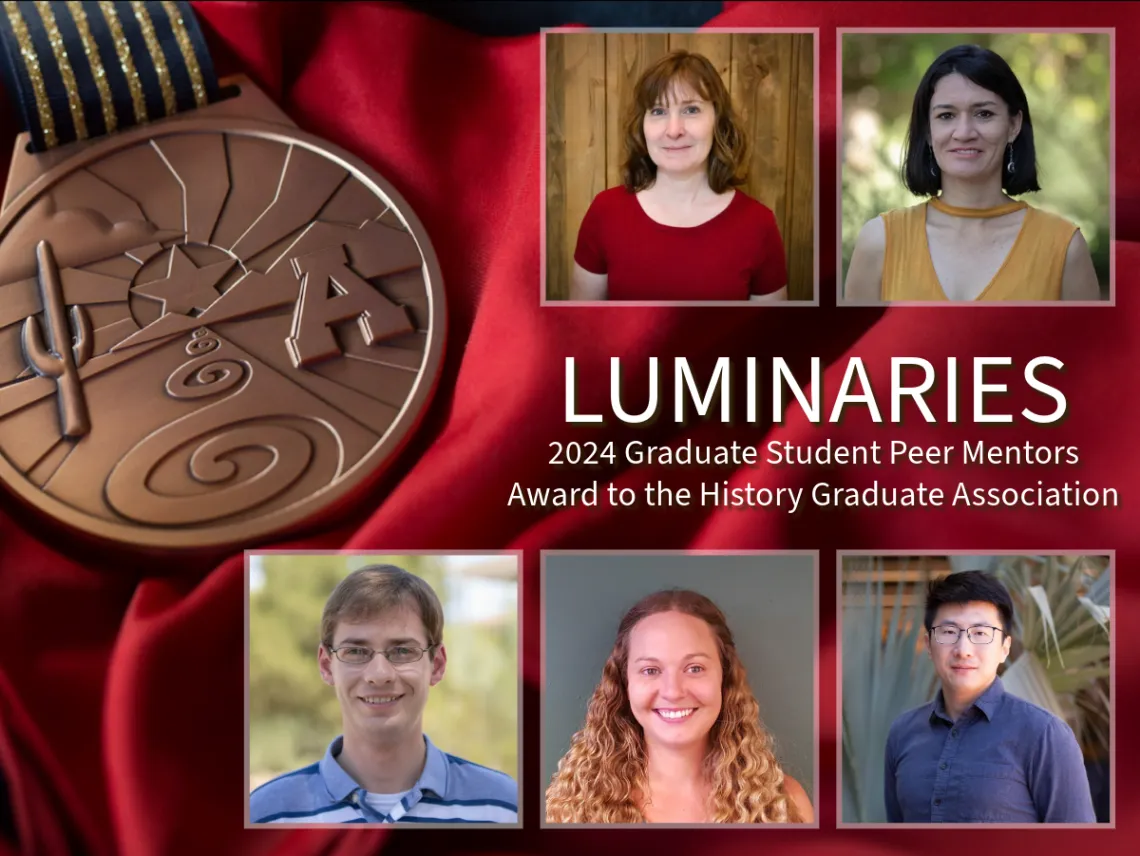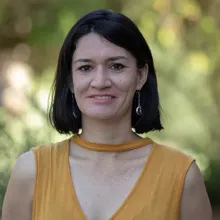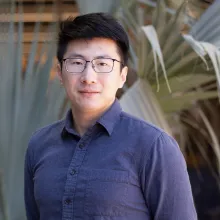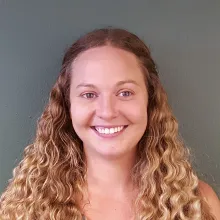Five SBS Students Receive Graduate Student Peer Mentor Awards

Great Bear Media
Congratulations to the five College of Social and Behavioral Sciences students who received 2024 Graduate Student Peer Mentor Awards. The awards recognize outstanding graduate students who provide peer mentoring to other graduate students to help them persist toward their degree, progress in their program, or engage in scholarly activities and achieve success in their program.
The SBS awardees are members of the University of Arizona History Graduate Association — an organization that provides a scholarly forum for all graduate students regardless of their position in the program. It promotes interest in all fields of history at the U of A, facilitates fellowship among students and faculty, and represents student in regard to teaching assistantships, course workload, and conference participation.
A remarkably engaged peer mentoring group, the History Graduate Association, or HGA, plays a critically important role in the success not just for graduate students but for undergraduates and for graduate students across campus. The HGA is a model in the peer mentoring community; through its individual peer mentor program for new students and as a peer mentor community, the HGA meaningfully supports fellow students through the ebbs and flows of graduate school.

Andrew Wickersham
Ph.D. student
President, University of Arizona History Graduate Association
Andrew's researches refugee resettlement policies in the early Turkish republic, with particular attention to resettlement dynamics in Alevi communities.

Liliana Toledo Guzman
Ph.D. student
Vice-President, University of Arizona History Graduate Association
Liliana researches how the Mexican Revolution entailed institutional, familial, and gender role reassessments by investigating the biographies of two middle-class musicians: Esperanza Cruz and Celia Treviño Carranza. Her study elucidates how a paid activity, like music, made it possible for women to negotiate a certain degree of autonomy in a patriarchal context.

Johanne Harrigan
Ph.D. student
Secretary, University of Arizona History Graduate Association
Johanne's oral history project focuses on individuals who participated in community polio vaccination drives in Maricopa and Pima Counties in 1962. The two counties piloted the nation's first mass vaccination campaigns for the Sabin oral polio vaccine and the model was replicated on a national level contributing to the eventual eradication of polio in the U.S. Her research will reveal personal stories that explain why people chose to attend the vaccination days and may shed light on what factors motivate individuals to seek vaccinations today.

Zelin Pei
Ph.D. student
Treasurer, University of Arizona History Graduate Association
Zelin's research explores the relationship between imperialism and environmental change in Taiwan and the Taiwan Strait during the late Qing period (1840-1895), the Japanese colonial period (1895-1945), and the Nationalist authoritarian period (1945-1987). He seeks to understand how the Qing, Japanese, and Chinese Nationalist regimes, as well as competing Western empires, dealt with and were shaped by the terrestrial and oceanic environments of Taiwan as they pursued their respective commercial, colonial, and developmentalist goals.

Samantha Goodrich
Ph.D. student
Marketing, University of Arizona History Graduate Association
Samantha's research specializes in comparative history between early modern Europe and the Ottoman Empire. She is specifically interested in the Germanies and the Ottoman Empire, and Muslim/Christian relations. Her main focus is on the 16th century, especially in relation to sovereigns Holy Roman Emperor Charles V and Ottoman Sultan Suleyman. She plans to continue studying and researching the ways in which these two rulers utilized propaganda, rhetoric, regalia, religion, processions, and titulature to exert their authority and power.

